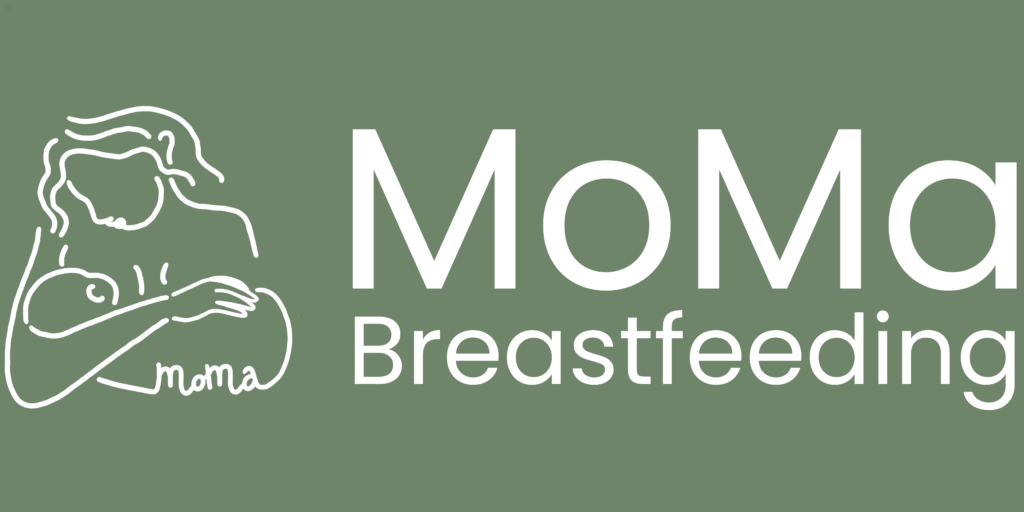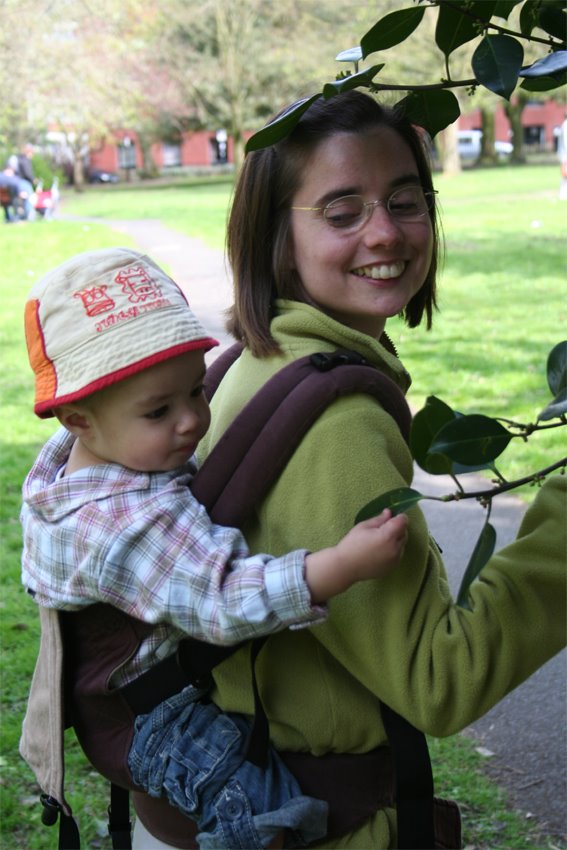Adjusting To Motherhood
The essential adjustment that women make when they first become mothers is to think about their babies as well as themselves. A great deal of mothering involves thinking. Each woman brings to it her personal history and her hopes for her child. But she may have doubts and fears too. Becoming a mother takes courage. It’s not easy to change from daughter to mother, and many mothers are self-critical. However, their children may be more generous. One mother recalled:
My mother died last week. I had to go to the Registry Office, and the registrar filled in the death certificate. She asked me what jobs my mother had done, and wrote the jobs on the certificate. After she had finished and just after I’d left, I thought: Why didn’t I say “Mother”? Mum spent a lot of time on us. She was a good mother. (Weeping) Now it’s not even on her death certificate. Does it count for nothing?
This mother’s distress is revealing. Neither she nor the registrar had thought that being a mother could have been included in the list of jobs the late mother had done. That omission is no surprise. It’s a reflection of a widespread social attitude. Most jobs count for “something”. A woman’s job, from which she may have taken maternity leave, provided her with a predictable structure to her day, with definite times “off” such as evenings and weekends, with work colleagues, and a sense of being part of the working community. Motherhood is a job as well as a role. But when a woman becomes a mother, she may feel she has lost all structure to her days and nights, and that she no longer belongs to the working community. In reality, as a mother, she is doing vital work. But that takes time to realise. At first, she may say she is achieving nothing.
Many women begin by feeling that motherhood entails loss. “I don’t feel like a woman any more,” complained one mother. She meant that there was no time to groom herself, study the fashions, and attract admiring glances in the street. Mothers complain that they feel invisible when they are out with their babies, or alternatively that other people give her judgmental looks. People don’t always understand that a mother might not have time for self-grooming because she is up at all hours, breastfeeding her baby. A newborn tends to panic if he* is left unattended, hungry, too hot or too cold. So an un-groomed woman with her baby in the street may be a useful sign of an attentive mother.
A mother is developing more of her potential as a woman. “I knew mothers were supposed to fall in love with their babies, but I wasn’t expecting to love mine so much,” is a typical comment. Her powerful feelings can be overwhelming. The more a mother can see her newborn as an interesting person, the deeper her love grows. One mother remarked: “My love feels so strong, it almost hurts.”
Mothers who used to work with other mothers’ babies and children, report how different they feel when the children are their own. “I used to think mothers were too fussy,” one mother remembered. “Now I think they were being reasonable. I probably sound just like them, myself.” Another compared her mothering to her job:
You think you can project-manage all the difficulties that come up. But you can’t. Your child isn’t the same as a project.
“The books all sound as though your child is a blank canvas,” raged one mother. “But children aren’t like that at all. They’re born with characters of their own.” It was months before this particular mother realised that she had not failed if her baby didn’t do what the books said he should do, for example, by falling asleep if she followed a special technique. She had a very sensitive baby who wasn’t at all like the ones she was reading about. She and her child needed time to work out together what suited them both. No book could tell her that.
A mother isn’t “a blank canvas” either. Many have been educated to believe that their goal is to be in work. “Becoming a mother rocked my whole existence,” confessed one mother. Wasn’t she taught from girlhood to go for what she wanted, and to challenge the obstacles that stood in her way? Did this mean that her baby was one of those “obstacles”? Or was she now supposed to take a back seat and prioritise her child? What about her own needs and ambitions?
Babies need a lot of attention at first. Breastfeeding works best if the baby decides when he is hungry and when full, and if his mother can follow his lead. But this changes. Very gradually, a mother may discover that her baby can wait for a short time when she doesn’t instantly react to his cries. He probably doesn’t understand her call of “Just coming!” But the sound of her voice is reassuring.
However, it’s easy to go on prioritising the baby into toddlerhood and beyond. It can become habitual. Some mothers feel guilty for making demands of their children, and apologise for times when they want to fulfil their own wishes too. Their children probably assume that this is the way it is meant to be. But it can be exhausting for their mothers. As one described it:
I’m a single mum of an eighteen-month-old. And things between us get very intense. I’m giving all the time, until I’ve got nothing left to give anyone else. I can’t bear anyone needing or asking any more of me. And I can’t bear anyone being too close to me, or touching me. Which is odd because I’ve always been affectionate.
Other mothers dread getting into that situation. Often, they are daughters of mothers they experienced as too self-sacrificing. So they train their babies from the start to adjust to their own agendas and timetables. Babies are efficient learners, and can usually be trained. But even the most obedient and well-trained child will need to make his own decisions. His mother may find that she needs to allow him more autonomy, as he grows older.
It’s hard for a mother to find a good balance between her wishes and those of her child. Babies grow into toddlers and children, and develop new abilities. Yet, even young babies discover that they have preferences. These can be inconvenient for his mother. To give a single example, one mother found that her baby would only drop off to sleep if she kept talking. She used to pretend to be on her telephone, to encourage him to sleep. It’s safe to assume that her baby was too young to be deliberately inconvenient. He wasn’t “against” her. He surely wanted a happy mother, and was adjusting to her as much as he could.
New mothers often turn to their own mothers for information. But there are differences between the two generations. New grandmothers quickly notice how prevalent the Internet has become. Their daughters are deluged with detailed advice. It can be tempting for them to keep checking books and screens to find out the latest news of what other mothers are doing. Information tends to be saturated with suggestions of what to do, and how to do it. A new mother can quickly feel confused, and unsure of finding her personal way. In the words of one mother:
My mother’s generation had an easier time. There was less “noise” from the Internet, so they could hear themselves think.
Thinking is important. Becoming a mother can be a wonderful opportunity for self-discovery. Who is she, and what is she demonstrating to her child? Small daily decisions lead to larger implications. Does she prioritise safety or risk-taking? Politeness or straight talking? How important is tidiness at the expense of creativity?
At the same time, she is learning from her child. Young children differ, but many have an infectious sense of joy, and an insatiable curiosity. A mother may have forgotten that she used to be more carefree and joyful. Surely life is precious. Her child shows her how to value the present moment, and to relax her frown over her adult worries about the future.
There are many ways that women adjust to motherhood, more than can be described in one article. But it is all new and therefore tiring. A breastfeeding mother endures cumulative broken sleep, unpredictable hours, and the effort to complete essential repetitive chores. But then her baby discovers his first smile. His eyes, his mouth, his whole body seems to radiate joy. In time, he may say: “I love you, Mummy.”
If a mother experiences moments like these, her tiredness may evaporate, and her heart – her whole being – opens in delight.
*I’ve used the singular male pronoun for a child in general, to distinguish child from mother.
Naomi Stadlen
Mother and grandmother
Author of What Mothers Do – especially when it looks like nothing
Editor’s note We were deeply saddened to hear of the death of Naomi, just a few months after she wrote this article for MoMa Breastfeeding. Naomi’s contribution to the understanding of the importance of mothers, mothering and the mother-baby dyad cannot be overstated. We are honoured that she chose to support MoMa with her time and words.

